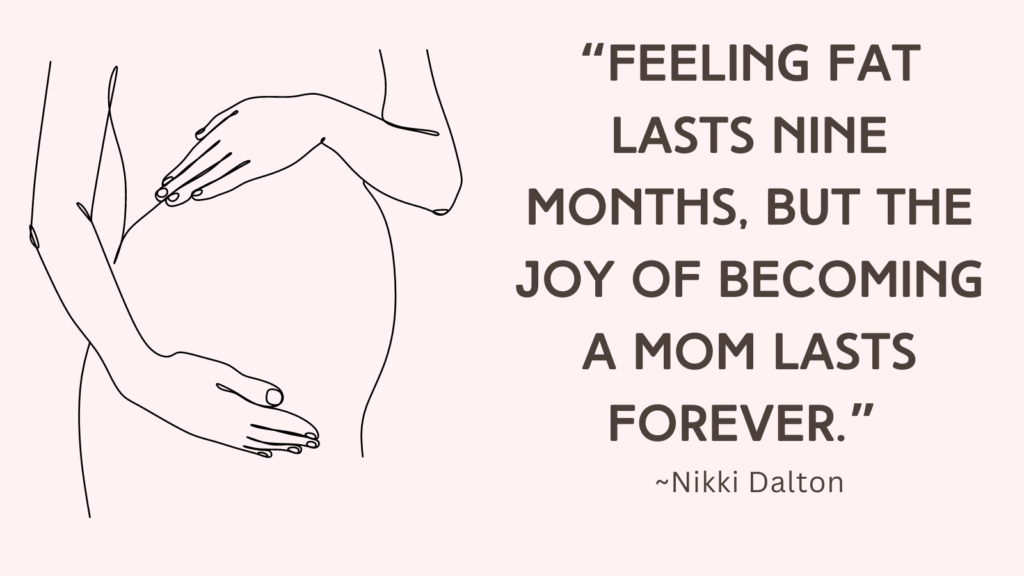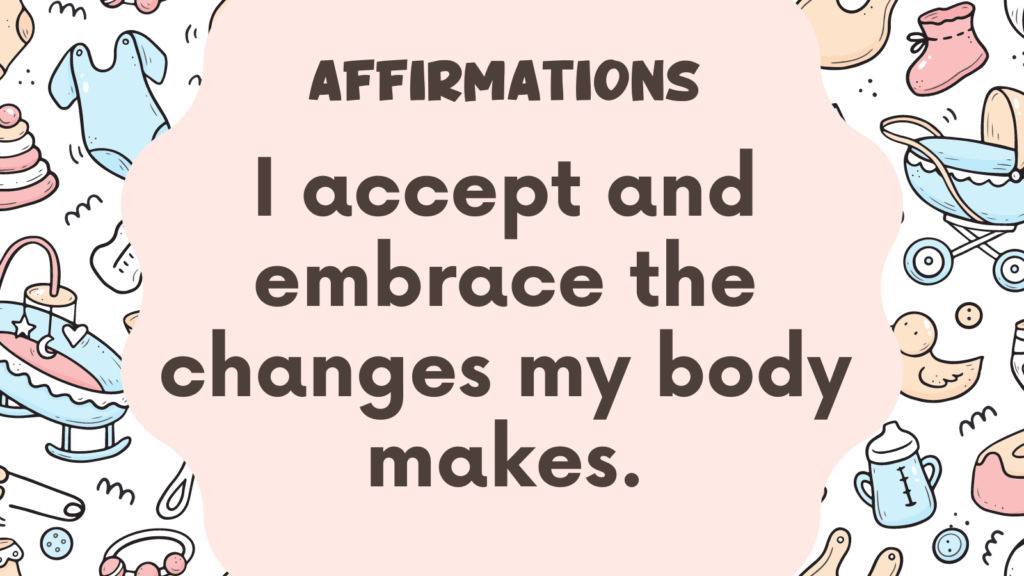If you’re pregnant and are feeling pulse in lower abdomen, this post will help you understand why.
Feeling Pulse In Lower Abdomen During Pregnancy – Is It Normal?
Feeling the pulse in the lower abdomen during pregnancy is completely normal and often occurs due to the increased blood flow that comes with carrying a baby.
As the uterus expands to accommodate the growing fetus, it puts pressure on the blood vessels in the surrounding area, causing the pulsations to be more noticeable.
This sensation can vary from woman to woman and may feel like a gentle throbbing or even a fluttering sensation.
While it may seem concerning at first, particularly for first-time mothers, it is generally not a cause for alarm.
However, if there is severe pain, excessive swelling, or any other unusual symptoms accompanying the pulsations, it is important to consult with a healthcare professional to rule out any potential complications.
Related: Herniated Stretch Mark: Best Ways to Prevent & Treat it
Common Sensations Women Feel During Pregnancy
During pregnancy, women may experience a range of physical and emotional sensations. Here are some common sensations that women often report:
1. Nausea and morning sickness
Many women experience feelings of queasiness or actual vomiting during the early stages of pregnancy, often in the morning but it can occur at any time of the day.
2. Breast tenderness
Hormonal changes can lead to increased blood flow and sensitivity in the breasts, causing them to feel tender or swollen.
Related: Best 70 Pregnancy Hacks (+Products Recommendation)
3. Fatigue
The body is working hard to support the growing baby, which can result in increased tiredness and a need for more rest.
4. Changes in vaginal discharge
Pregnant women might notice an increase in vaginal discharge due to hormonal changes, but any significant changes should be discussed with a healthcare provider.
5. Mood swings
Hormonal fluctuations throughout pregnancy can contribute to mood changes, ranging from irritability and weepiness to heightened emotions.
6. Backache and pelvic pain
As the baby grows, the added weight and changes in posture can lead to discomfort or pain in the back and pelvic region.
Related: How To Use A Pregnancy Pillow?
7. Changes in skin
Some women experience changes in their skin during pregnancy, such as darkening of the nipples, the appearance of stretch marks, or patches of pigmentation known as melasma.
8. Swollen extremities
The body retains more fluids during pregnancy, which can cause swelling in the hands, feet, and ankles.
9. Food cravings and aversions
Hormonal changes can lead to strong desires for certain foods or a sudden aversion to others.
10. Increased sense of smell
Pregnant women often notice heightened sensitivity to smells, which can sometimes result in nausea or discomfort.
Related: Morning Sickness What To Eat When Nothing Sounds Good?
11. Heartburn and indigestion
The growing uterus can put pressure on the stomach, leading to feelings of acid reflux or heartburn.
12. Shortness of breath
As the baby grows, it can push against the diaphragm, making it difficult to take deep breaths.
13. Varicose veins and hemorrhoids
Increased blood volume and pressure on blood vessels can lead to the development of varicose veins in the legs and hemorrhoids in the rectal area.
Related: How To Relieve Neck Pain During Pregnancy?
14. Abdominal pain or round ligament pain
As the uterus stretches and expands to accommodate the growing baby, some women may experience mild to moderate discomfort or sharp pains.
15. Swollen gums and dental issues
Hormonal changes can affect oral health, leading to swollen or bleeding gums, and an increased risk of tooth decay.
16. Frequent urination
As the uterus enlarges, it puts pressure on the bladder, making pregnant women need to urinate more frequently.
Related: How to Relieve Jaw Pain During Pregnancy? Top 8 Ways
17. Difficulty sleeping
Physical discomfort, frequent urination, and hormonal fluctuations can make it challenging for pregnant women to get restful sleep.
18. Nesting instincts
Many women experience a sudden surge of energy and a strong urge to prepare their home and surroundings for the arrival of the baby.
19. Braxton Hicks contractions
These are mild, irregular contractions that are sometimes felt in the second or third trimester, as the body prepares for labor.
Related: How to Relieve Itchy Breasts During Pregnancy? Top 8 Ways
Conclusion
It is important to note that every pregnancy is unique, and not all women will experience the same sensations.
If you have any concerns about your pregnancy or if certain sensations are causing significant distress, it is recommended to consult with your healthcare provider for personalized guidance and support.




